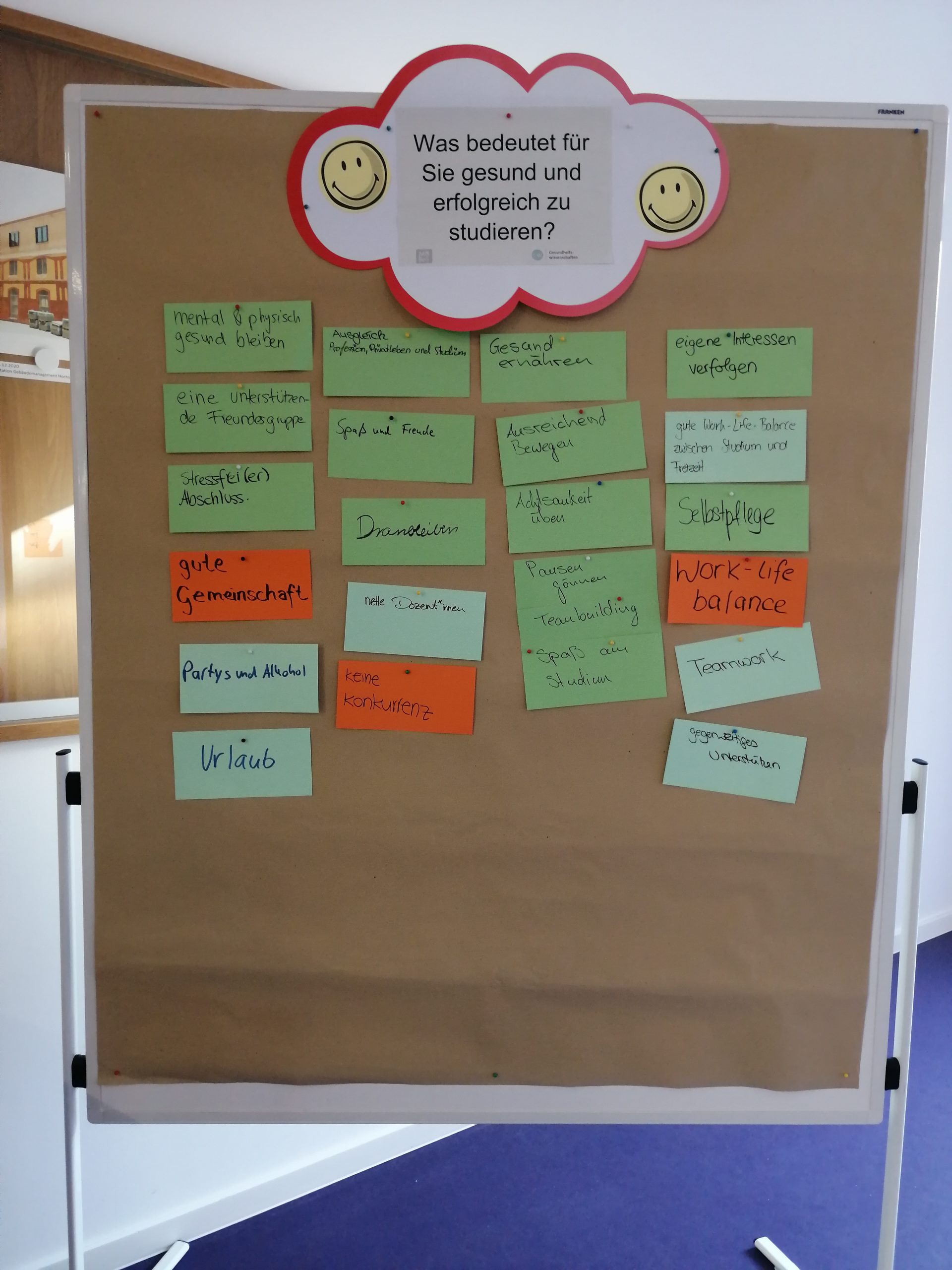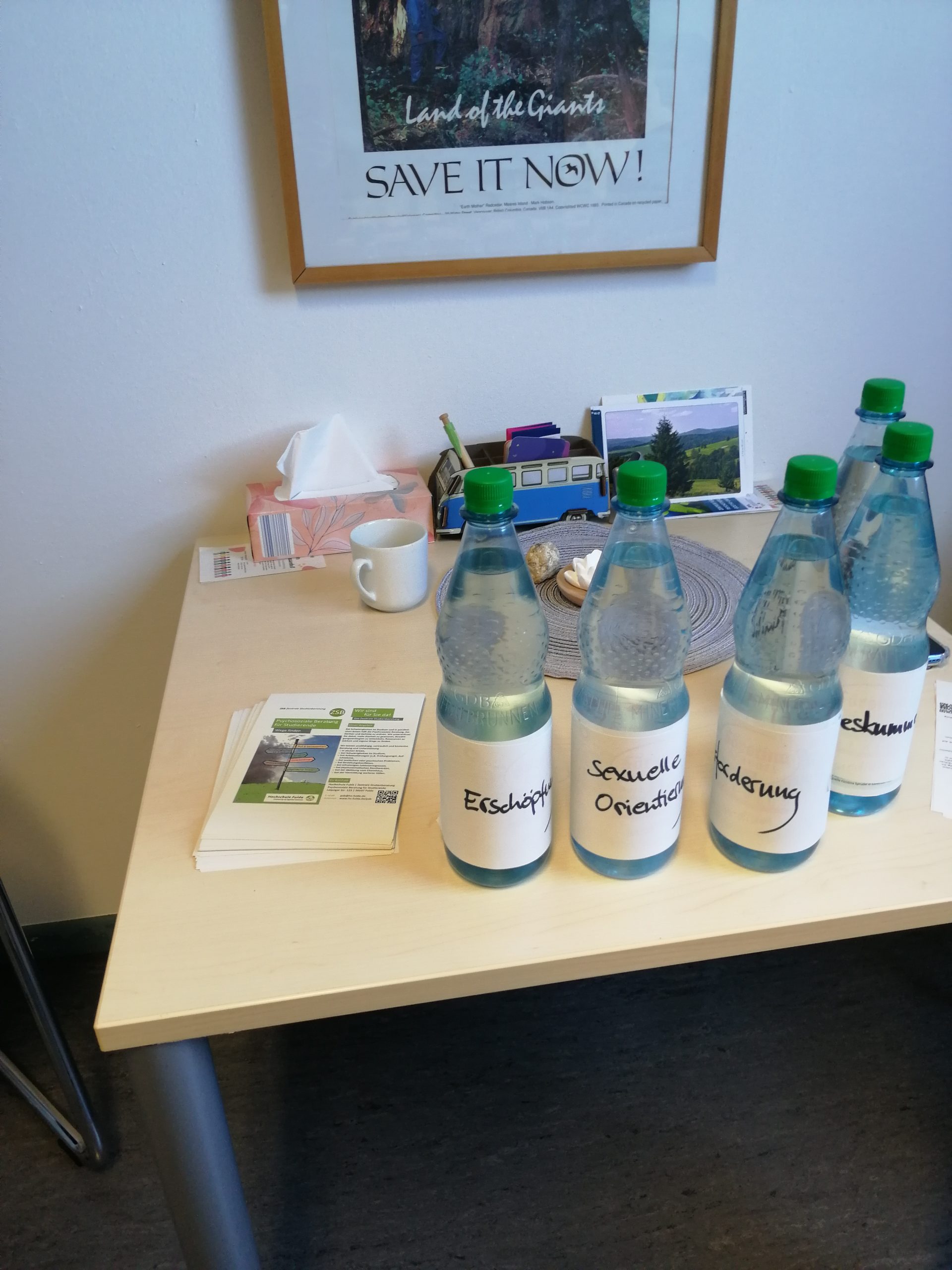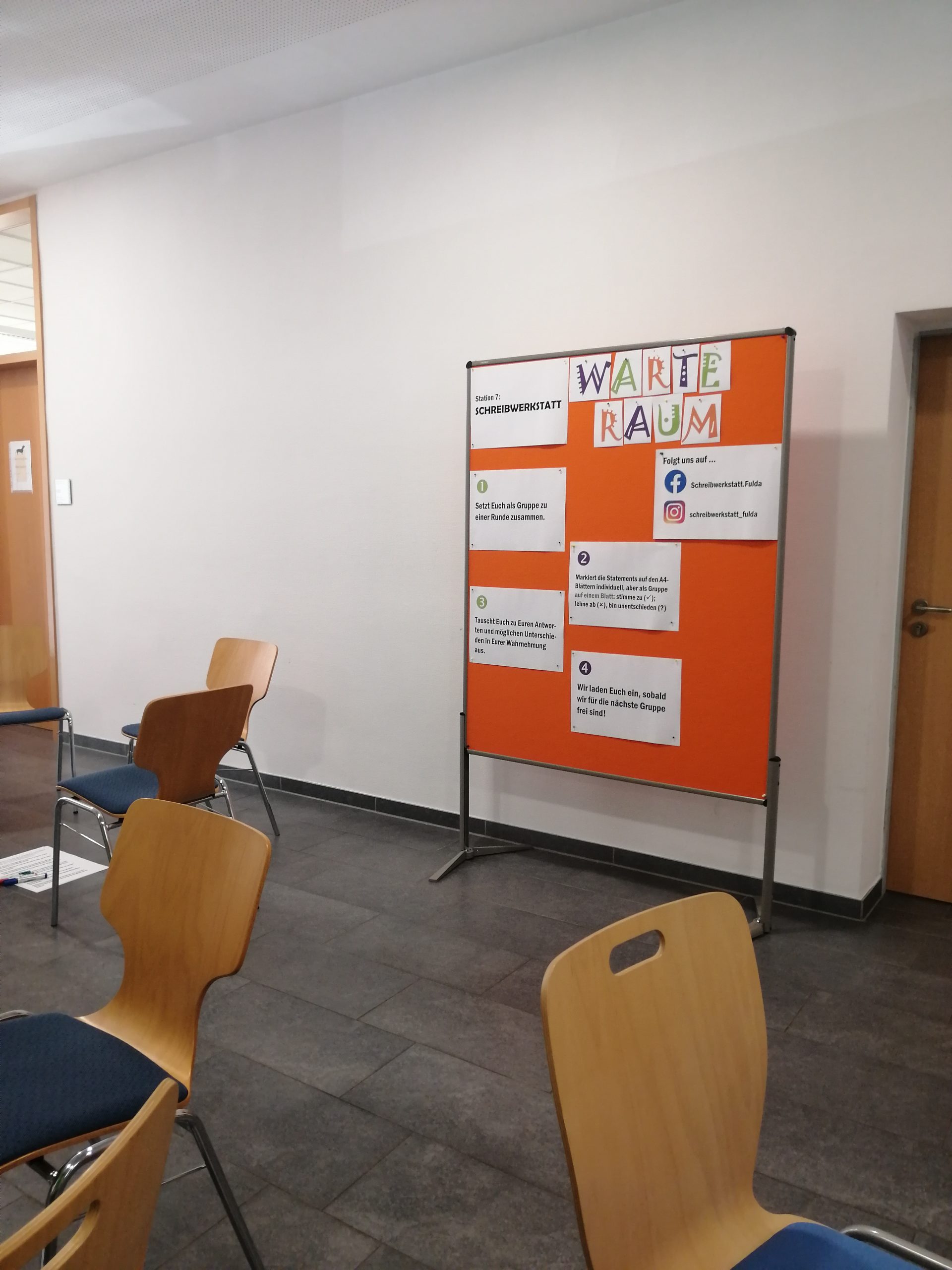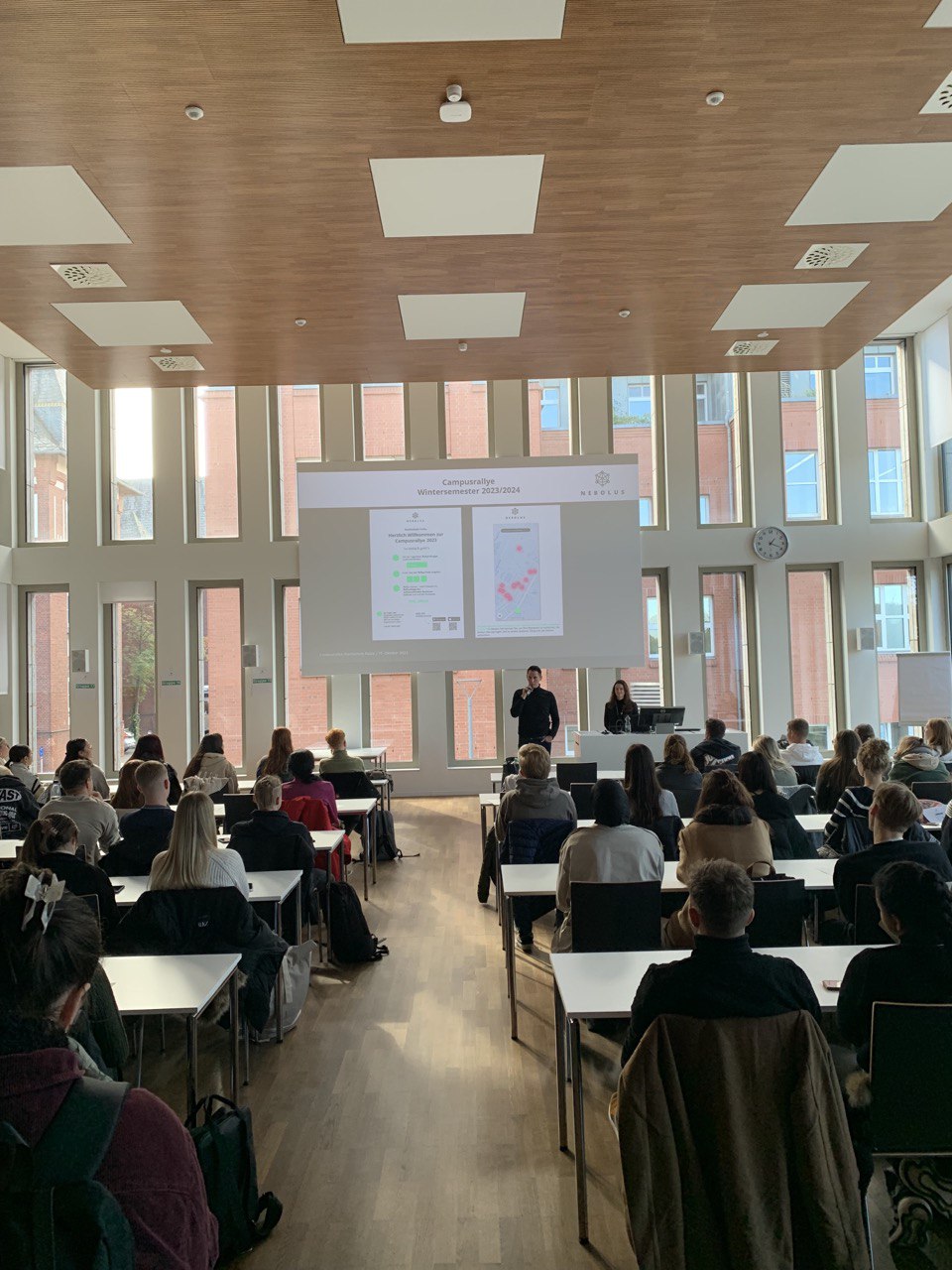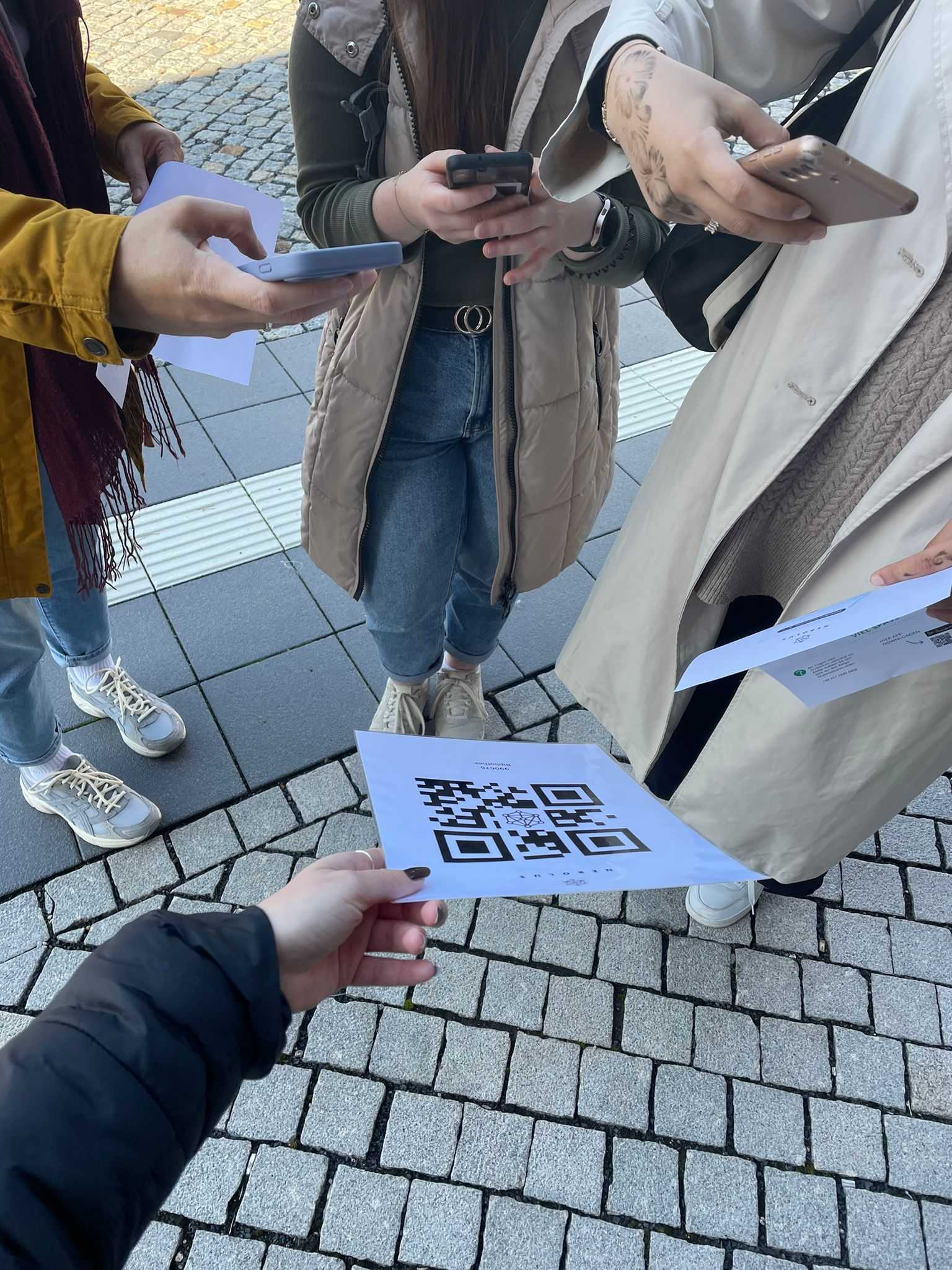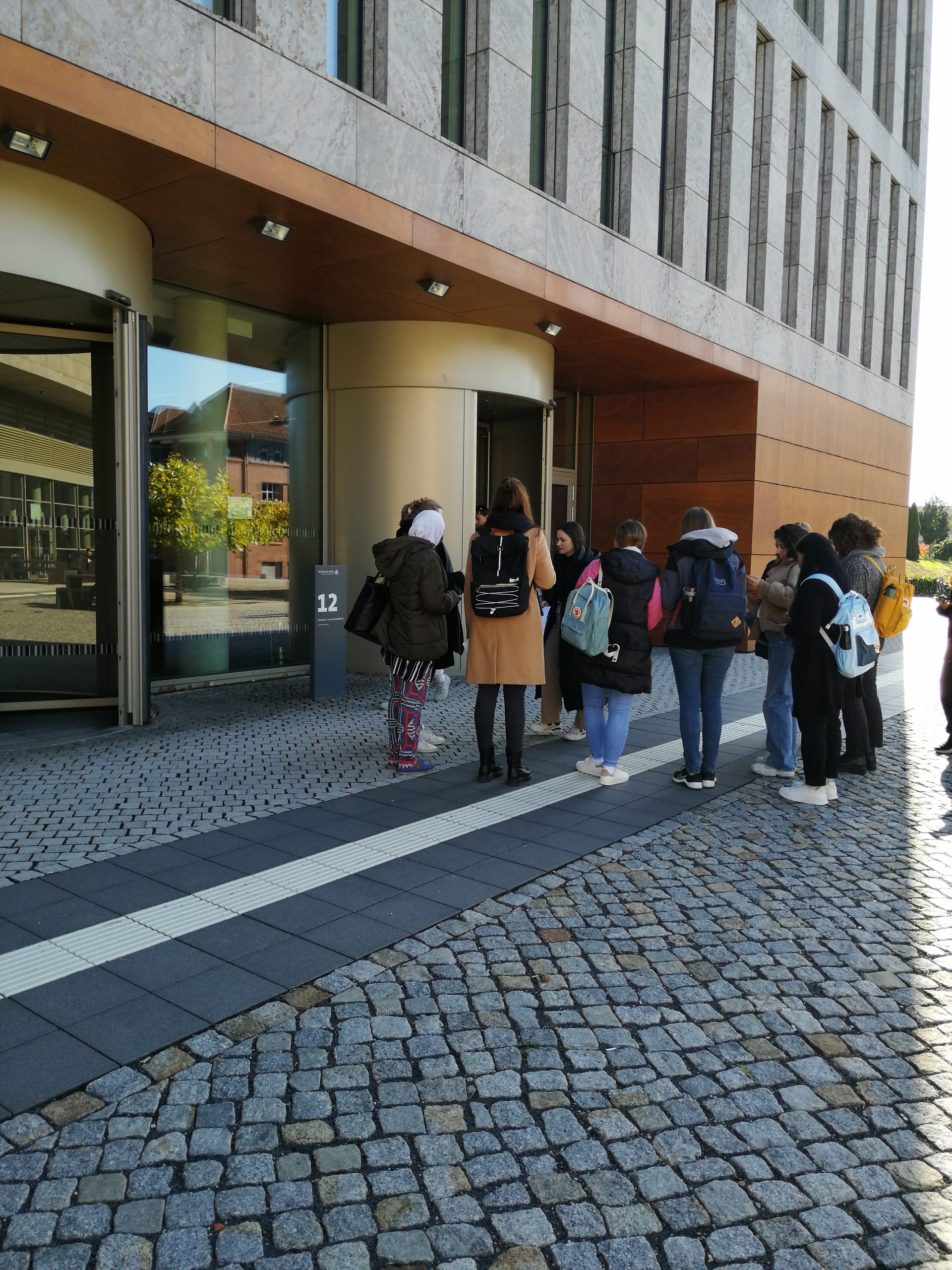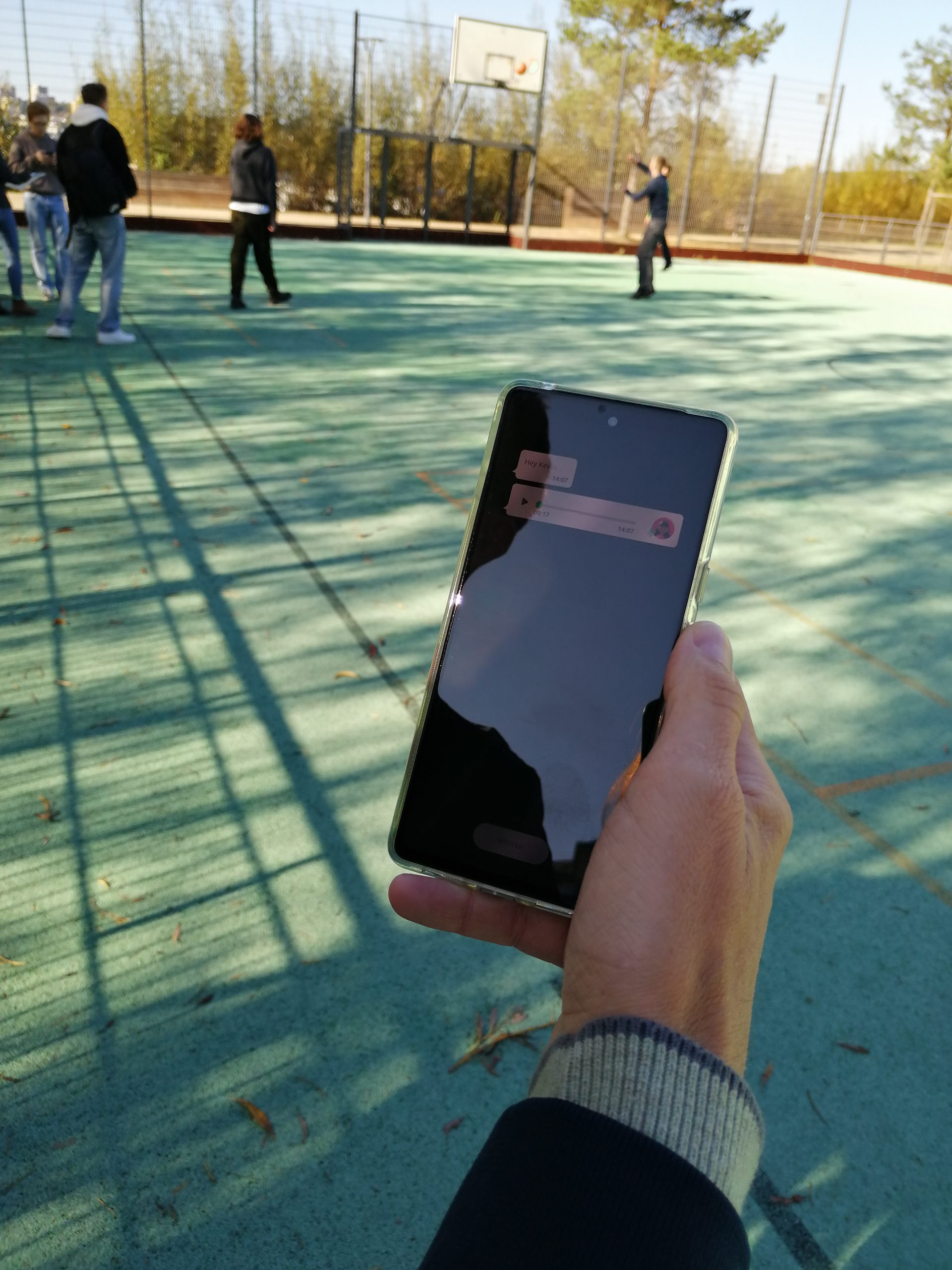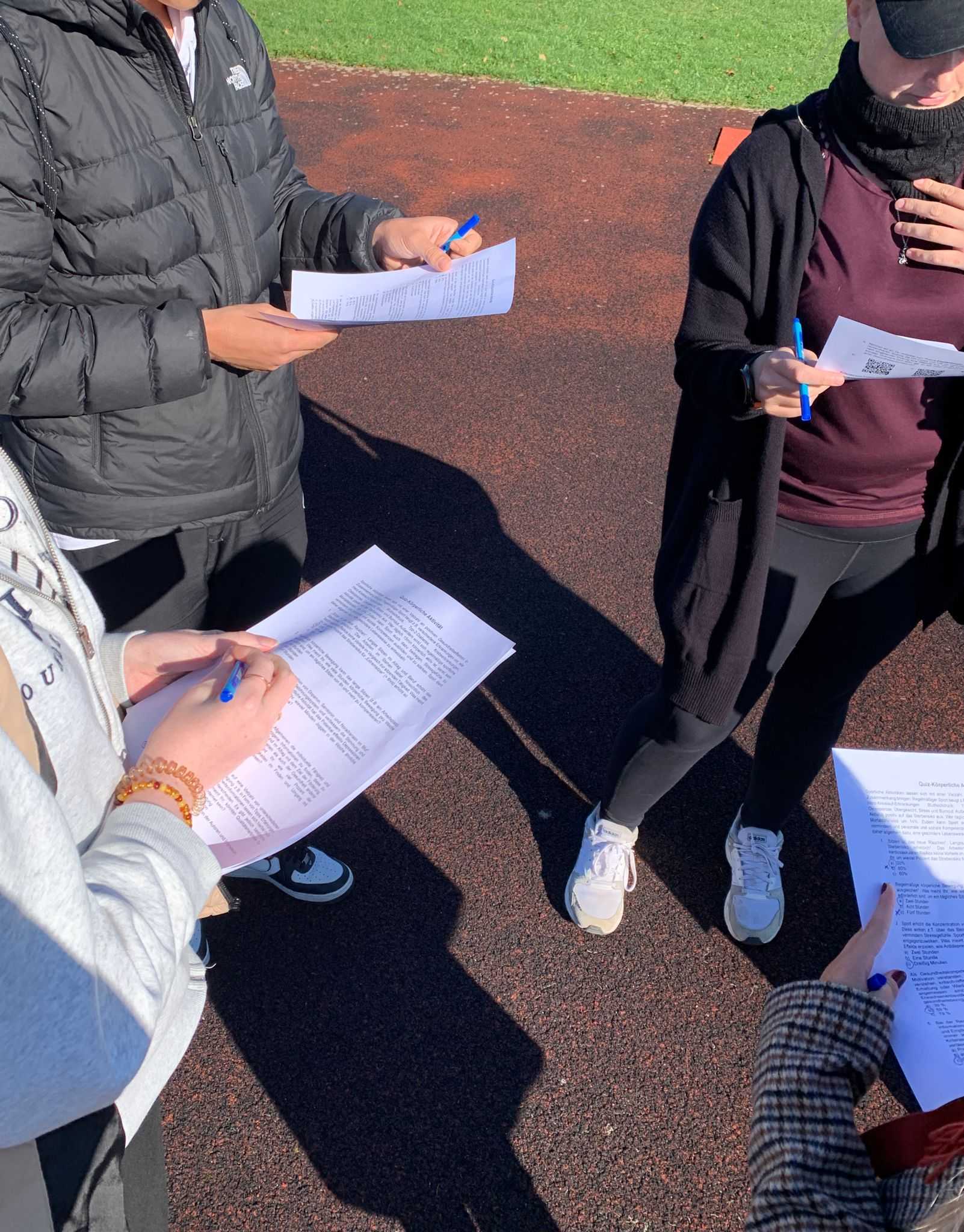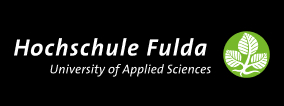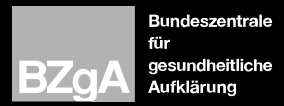Nebolus at University of Applied Sciences Fulda
The Nebolus scavenger hunt at Fulda University of Applied Sciences
Emma, a university student, has been missing for three days. Even her best friend and fellow student Lara doesn’t know where she is or what has happened to her. Emma hasn’t turned up to several lectures and her fellow students Pia and Jasper don’t know where she is or how she is. Lara is worried about Emma and asks for help to find her. This was the starting point for around 100 first-semester students from the Department of Health Sciences at Fulda University of Applied Sciences on October 17, 2023 when they were introduced to the university’s advisory and support services in their search for Emma. During the three-and-a-half-hour scavenger hunt, the participants explored 15 stations on and around the university campus.
HEALTH TOPIC
Mental health, study-specific stress situations
SETTING
Fulda University of Applied Sciences
RALLY ORGANIZATION
Nebolus project team
RESPONSIBLE
Nebolus project team
PERIOD
October 2023
CONTACT
Insights into the scavenger hunt
Which institutions/services took part?
Eleven of the 15 stations on the scavenger hunt are offered by the university and are open to all university students. A further 4 stations were located in public places on or around the campus. As part of the rally, employees were able to provide information about the following specialist services on site: Self-study center, student coordinator office/projectMoBeS, writing lab, cafeteria, psychosocial counseling for students, university sports, central student advisory service. The staff at the stations have come up with different activities for the first-semester students, in which they can present their offers embedded in the story of Emma’s disappearance. This allowed the participants to come into contact with the employees at the stations in an informal atmosphere.
In addition, the participants also explored places without staff supervision, so that the students were made aware of these as potential points of contact. These were the Studierendenwerk Gießen, the Counseling Center for Students with disabilities/chronic illness and the family office. The Nebolus team supervised a further four stations, which focused on health literacy, exercise and health information search.
Overview of stations
- University sports
- Self-study center
- Psychosocial counseling
- Writing lab
- student coordinators office / MoBeS project,
- Canteen
- Central Student Advisory Service
- Studierendenwerk Gießen
- Library
- Family office
- Office for studying with a disability / chronic illness
- Hall 8 (a lecture and event hall)
- Sports field
- Basketball court
How did the preparations go?
The Nebolus project team at Fulda University of Applied Sciences took over the organization of the scavenger hunt. About three months before the scavegner hunt, initial ideas for were exchanged within the team. Two months before the scavenger hunts started, the plans were finalized and contact was established with potentially participating support serviced at the university. Contact was then maintained with them over the further course of the planning and three planning meetings were organized with the participating services, which took place online. It was clarified in advance whether the participating services could be staffed by employees on the day of the scavenger hunt or whether the station had to be scheduled without interaction.
All coordination took place in the online meetings: Both the content of the story about Emma and Lara and the interactions with the students at the individual stations were discussed. For these meetings, the project team provided the employees of the service units with various materials for their planning (these materials are available to all Nebolus organizers on request). The participating service units were able to work on these documents until the next meeting and then shares and discussed them with the project team and the participating units. The project team from Fulda University of Applied Sciences was on hand to advise the participating service units throughout the entire planning process. Based on the planned interactions with the service units, the voice messages of the story template “The Missing Girl” were then adapted. At a final meeting one week before the start of the scavenger hunt, the last organizational details and open questions were discussed.
How were the participants addressed?
For the campus scavenger hunt, first semester students of the Department of Health Sciences were contacted by e-mail. The scavenger hunt took place as part of the induction week. All first semester students of the department were randomly assigned to participate in the scavenger hunt or an alternative programme. In a further e-mail, the students were informed about their allocation and details of the respective programme. Students who were assigned to the campus scavenger hunt but were unable to take part were asked to deregister by e-mail to the project team. In the email contact with the students, the Nebolus concept was already roughly outlined and they were asked to download the Nebolus app and enter the code for the campus scavenger hunt.
How did the implementation go?
On October 17, 2023 at 1 p.m., the students gathered in a lecture hall on campus, where they were welcomed by the Nebolus project team and the course of the scavenger hunt was presented once again – without revealing anything about the content of the stations. At the entrance, all students received cards on which, among other things, a group number was noted. In this way, the approximately 100 participants were randomly divided into small groups of 3-5 people each.
A total of around 25 small groups were formed, each with different routes to the stations of the scavenger hunt. This was necessary to avoid too many groups visiting the same station at the same time, which would have resulted in long waiting times at the stations. After the 20-minute briefing in the lecture hall, the participants started the scavenger hunt with their assigned group.
The staff at the service units had familiarized themselves with Emma and Lara’s story in advance and also referred to it repeatedly during the interaction, so that breaks between the story framework and the activities on site were avoided. After completing the interactions or finding the unattended stations, the participants received the QR code to be scanned and were able to unlock the next message from Emma. Completing the 15th station marked the end of the scavenger hunt for each group. This means that the small groups went through and completed the scavenger hunt independently, so no joint final meeting was planned. It was communicated to the participants and the participating service units in advance that the scavenger hunt would end at 5 pm at the latest. Due to the close proximity of the stations on campus, all groups were able to complete the scavenger hunt within the time available. The majority of the small groups had already completed the scavenger hunt by around 4 pm.
What was the feedback like?
- The Nebolus project team’s impressions of the scavenger hunt day were largely positive. A large proportion of the students completed the scavenger hunt in full and thus became familiar with the offers and structures of Fulda University of Applied Sciences.
- The employees of the participating service units reported that the participants were very curious and motivated. In particular, the opportunity to convey the support services to a large number of students within such a short period of time was emphasized positively several times.
- The randomly assigned small groups usually worked well together at the stations, sometimes exchanging ideas and solving the tasks together as teams.
- The possibilities of continuing the scavenger hunt at the beginning of the semester have been and are currently being discussed at the university.
- Feedback from students also showed the potential to further optimize the Nebolus app.
- Participants’ opinions on the campus rally and the Nebolus app were collected via an online survey. The evaluation of the data is still ongoing and will be included here in due course.
